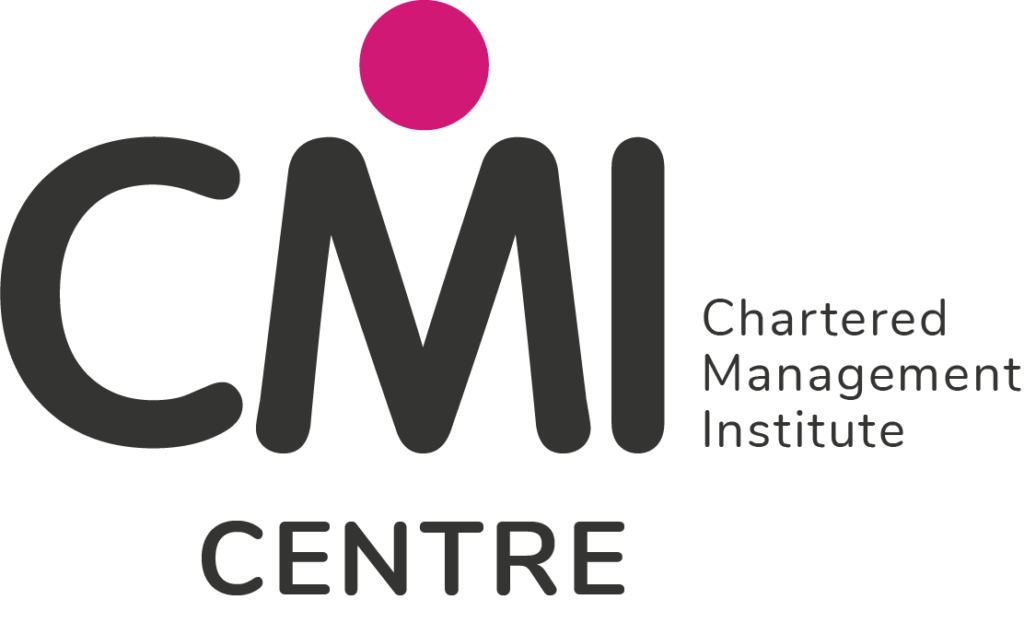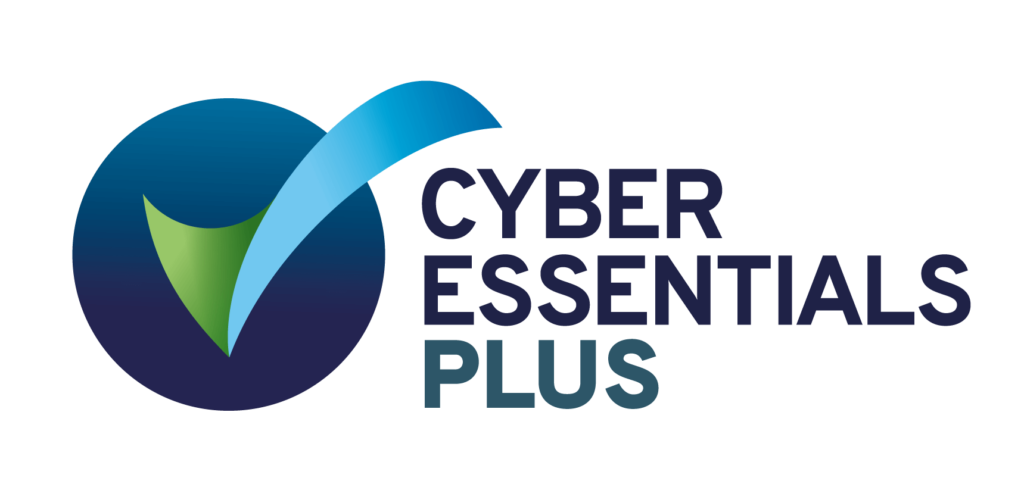This week is Mental Health Awareness Week 2021 and, whilst it is about awareness in all walks of life, it represents a good opportunity to think about the influence and impact our professional lives have on our mental wellbeing.
What we believe about ourselves is a significant part of our mental wellbeing and our beliefs are formed from our own life experiences. It is no surprise therefore, that when our beliefs begin to be ‘self-limiting’, we can often find causes in work, where we spend a significant proportion of our lives.

For example, if the experience of being interrupted or ignored in one meeting leads to the belief that your colleagues don’t value your opinions or contributions, your assertiveness will decrease and you might be less likely to put that next idea forward. Colleagues might then get used to not hearing contributions from you and be less likely to turn to you, which you might take as further evidence they don’t value your thoughts or views! Herein lies the negative cycle of self-limiting beliefs – a one-off experience that can happen to all of us sets you off down a path with negative consequences for your happiness and anxiety.
In her book ‘The Coaching at Work Toolkit’, author Suzanne Skiffington lists the following self-limiting beliefs, borne out of what we believe we should, must or ought to be doing or thinking:
- People must treat me fairly
- I must succeed at everything I do
- Those who are important to me must approve of me and accept my actions
- Everything I do should be perfect
Some or all those beliefs may strike you as entirely reasonable and, at first, odd choices. After all, should we not expect fair treatment, and strive for perfection in what we do and approval from those around us? The problem is that these beliefs do not reflect the reality of life: it can be unfair, mistakes are inevitable, and unpopular decisions must be made. In this way, they are like many self-limiting beliefs – irrational. If you truly believe that everything must go perfectly all the time and if it doesn’t, you have failed, you’re guaranteeing an awful lot of ‘failure’ in your day-to-day life.

Whilst we should ask for fairness, and ensure it where within our control, don’t fall into the self-limiting cycle of expecting it in everything, particularly at work. Sometimes a pitch you felt great about won’t get the sale, or an idea you were passionate about won’t be the chosen one. It might not feel fair, but – unfortunately – that’s life. Teaching ourselves to learn from these occasions and move on, rather than bemoaning the unfairness of it all, is a valuable skill in resilience and emotional intelligence.
Learning to resist against and manage self-limiting beliefs starts with our ability to recognise them. This is relevant for addressing them in ourselves and – if you have management responsibilities – identifying them in others. Self-limiting beliefs often represent themselves as exaggerations in speech:
“I’ll never find a job that I’m good at”
“There’s absolutely no way this is going to work”
Or, they can show up as the undermining or reducing of positive outcomes or successes:
“We’re so lucky that project got finished on time”
“That’s a great outcome… no thanks to me”
Or maybe these sweeping generalisations sounds familiar?
“Everything about this week has been terrible”
“Sorry, I know I’m always asking you stupid questions”
From a management perspective, recognising self-limiting beliefs helps to identify the real problems that individuals are facing, and fine-tune support accordingly. Returning to the example of the individual hesitant to speak up in meetings, for example, presentation skills training might make them technically proficient at articulating their point, but wouldn’t give them the confidence to speak up. Instead, a meeting where the manager deliberately supports them to be heard or a private word with some of their colleagues could be much more effective.

From a personal point of view, simply being aware of self-limiting beliefs can make a huge difference. As well as getting used to the idea that the four beliefs listed by Susan Skiffington are self-limiting (i.e. getting used to the idea that everything won’t go perfectly, or be totally fair, all the time), it can be useful to attempt ‘root cause analysis’ on other beliefs.
Root cause analysis, explained in the pearl of wisdom® video below, is not just appropriate for organisational problems. If you applied the same critical thinking to a self-limiting belief that you had identified, you may land on a specific issue that is causing it.
Maybe you will realise that a self-limiting belief like “I’m rubbish at my job” actually stems from difficulty with one specific piece of software, or bad experiences with just one of your day-to-day responsibilities. Then, asking for support or training with that one thing will help you eliminate an unfair and incorrect self-criticism that is bound to affect your mental wellbeing.
Supporting the mental health and wellbeing of your workforce, particularly in these challenging and uncertain times, is a continuous process and something where, although progress is definitely being made, work still needs to be done.
If we can support your process, whether it’s with skills workshops like ‘Mental Health Awareness’ (with or without a Covid-19 focus) or ‘Stress Management’, our ‘Health and Wellbeing’ pearls of wisdom® category or 1-2-1 coaching sessions for your staff, just let us know.






